In this recording of a live show I present the findings from a research paper Published in Frontiers of Endocrinology on 16 January 2023 and reviewed by Swedish University of Agricultural Sciences called "A review of the endocrine disrupting effects of micro and nano plastic and their associated chemicals in mammals"
I also referred back to the more recent research on the amount of plastic found in water bottles that are used for drinking water as alarmingly over 250,000 nano plastic particles are found in every litre of drinking water from a plastic bottle in Malta.
The research paper discusses the impact of microplastics (MPs) and nanoplastics (NPs) on the endocrine system of mammals.
These plastics contain endocrine-disrupting chemicals (EDCs) and other harmful compounds, affecting components such as the hypothalamus, pituitary, thyroid, adrenal glands, testes, and ovaries.
The EDCs, which are not covalently bonded to plastics, can easily leach into liquids and affect the endocrine system of mammals upon exposure.
The research highlights that the toxicity induced by MPs and NPs is size-dependent, with smaller particles having better absorption capacity and releasing more EDC and toxic chemicals.
The review demonstrates that MPs and NPs disrupt various endocrine axes, leading to oxidative stress, reproductive toxicity, neurotoxicity, cytotoxicity, developmental abnormalities, decreased sperm quality, and immunotoxicity. The article emphasizes the need for further studies to identify the direct effects of MPs and NPs on the hypothalamus, pituitary, and adrenal glands.
The introduction section of the article provides an overview of the widespread plastic pollution and its impact on the environment, with particular emphasis on the significant production and detrimental effects of single-use plastic. The rising global plastic and MPs pollution in both terrestrial and aquatic environments is highlighted, discussing the classification of MPs as primary or secondary based on their origin and the significant quantities entering agro-ecosystems and marine ecosystems annually.
The chemical composition of MPs and their endocrine-disrupting effects are also discussed, emphasizing the persistence of MPs in the environment for hundreds and thousands of years and the contribution of plastic additives to the endocrine-disrupting effects.

The main point is that with the number of plastic particles in bottled water being far higher than previously thought, and the highlighted efficiency of the Trojan Horse effect of the microplastics particles in the bottled drinking water in Malta, its is clear that if someone is relying on bottled water in Malta they will be drinking endocrine disrupting chemicals.
You can check out the Facebook event recording or view us on LinkedIn

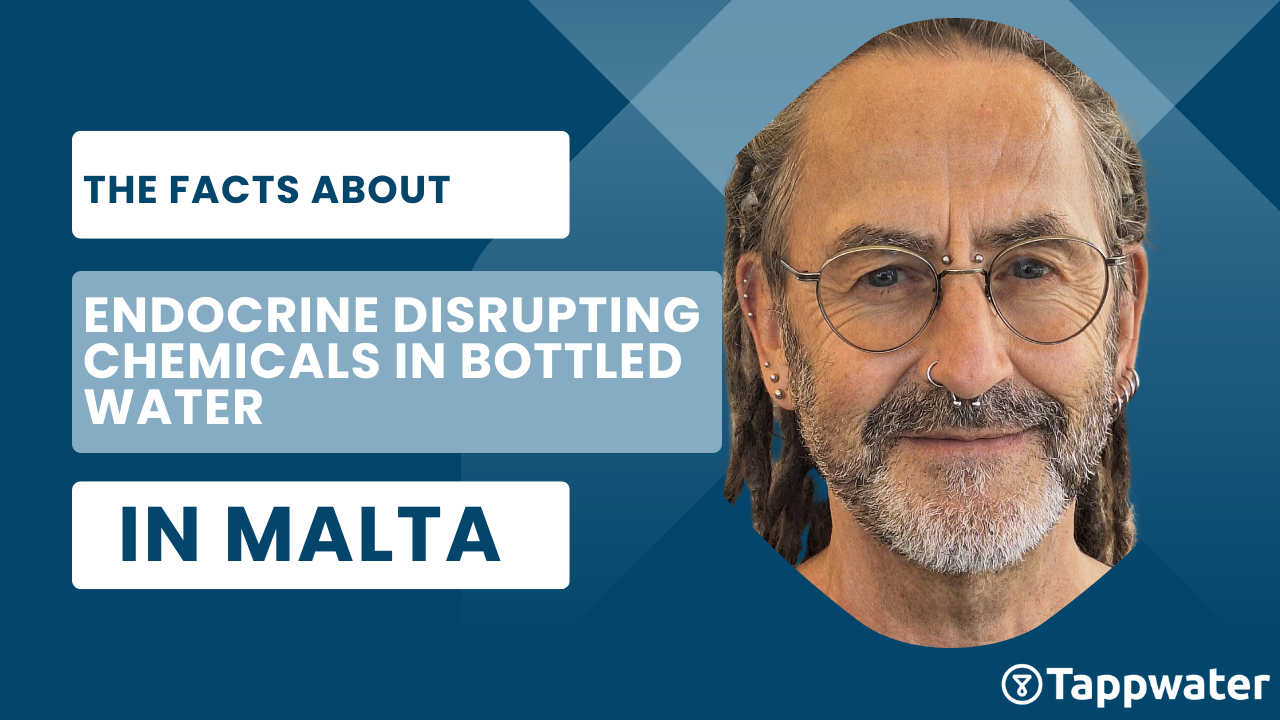


![[WATCH] Malta's Tap Water Challenge: The Tappwater Solution. A Look at the Science, the Tests, and the Deliciously Clean Results.](http://tappwater.mt/cdn/shop/articles/Why_We_lab_tested_maltas_water_Sqaure.png?v=1756738451&width=1080)
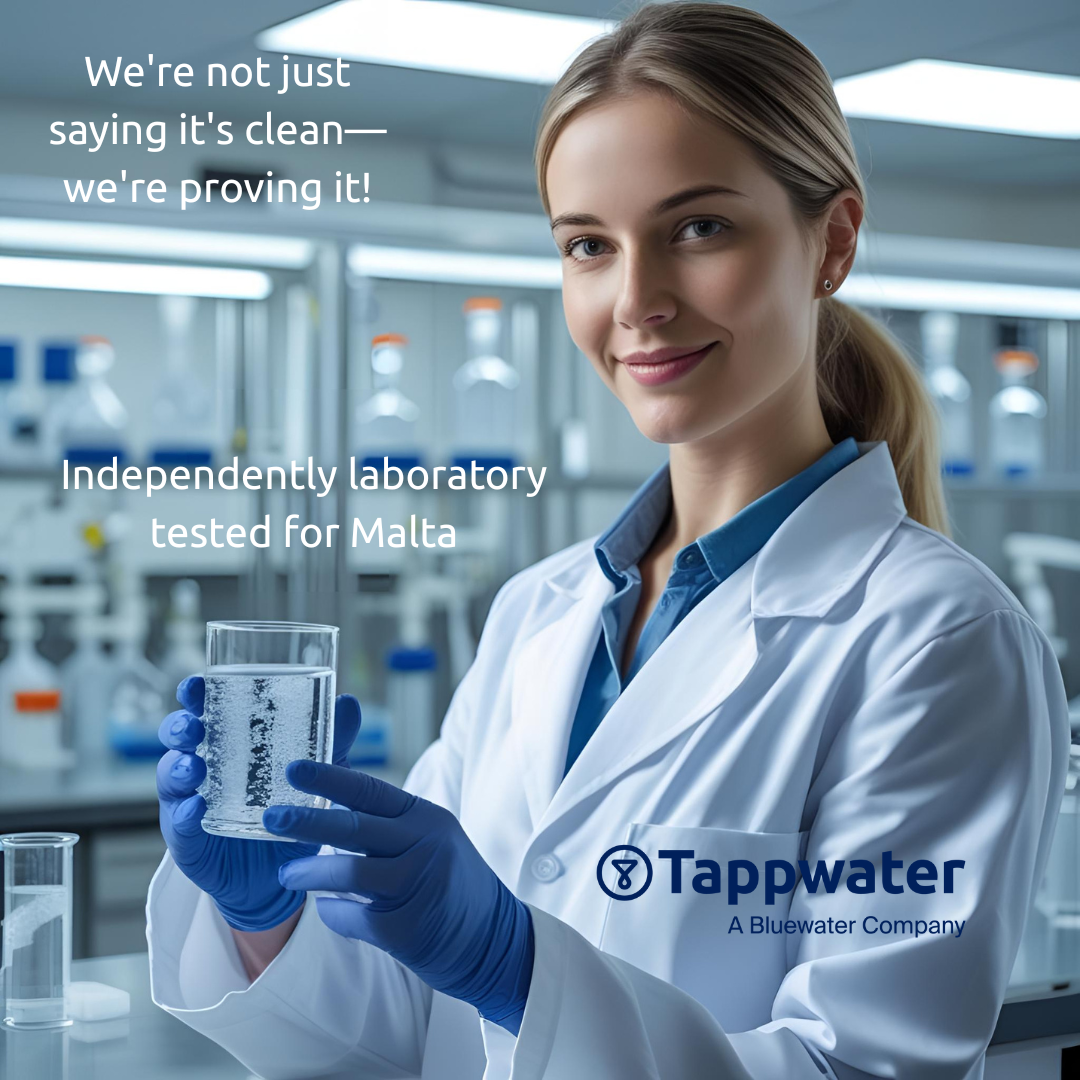
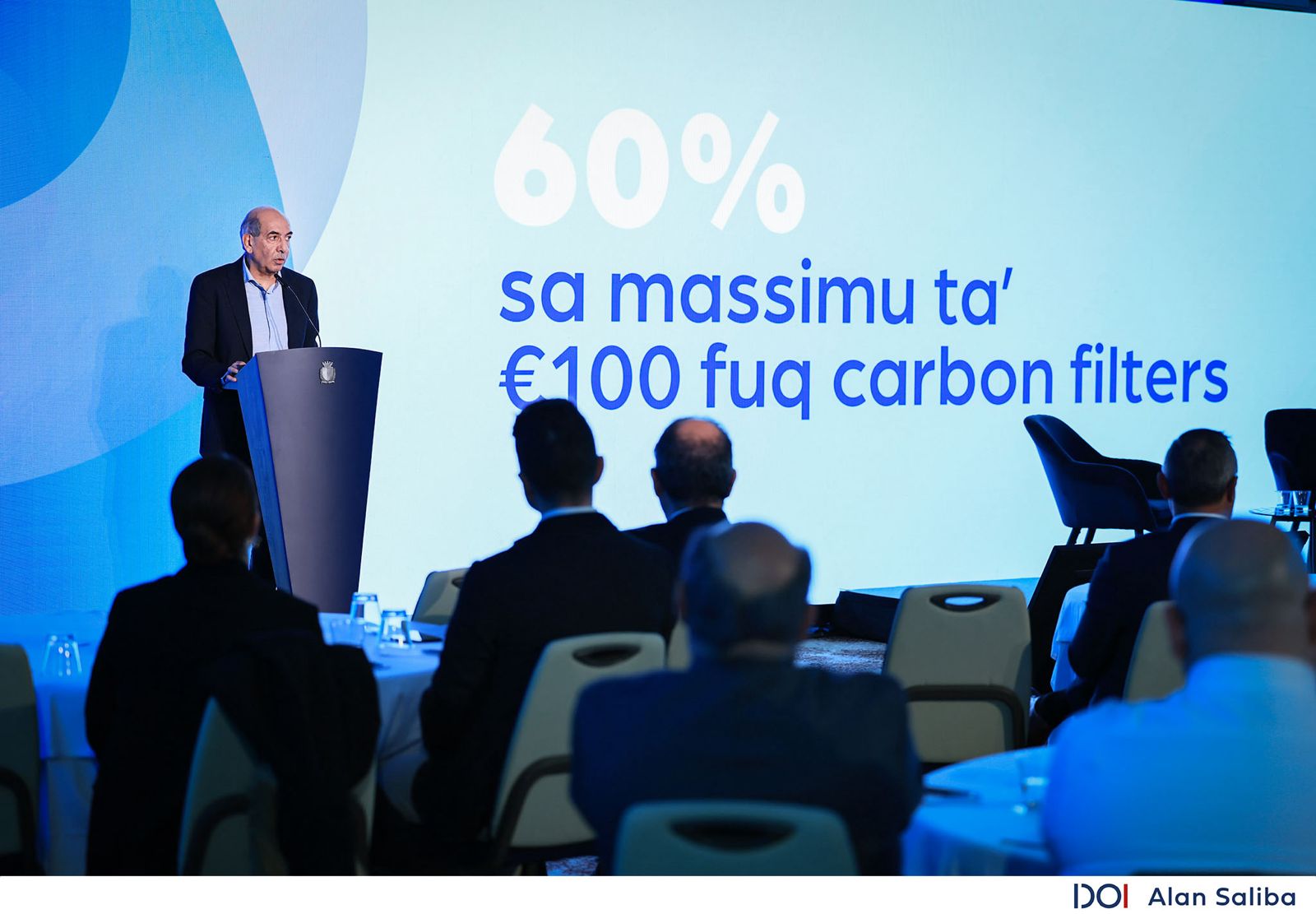

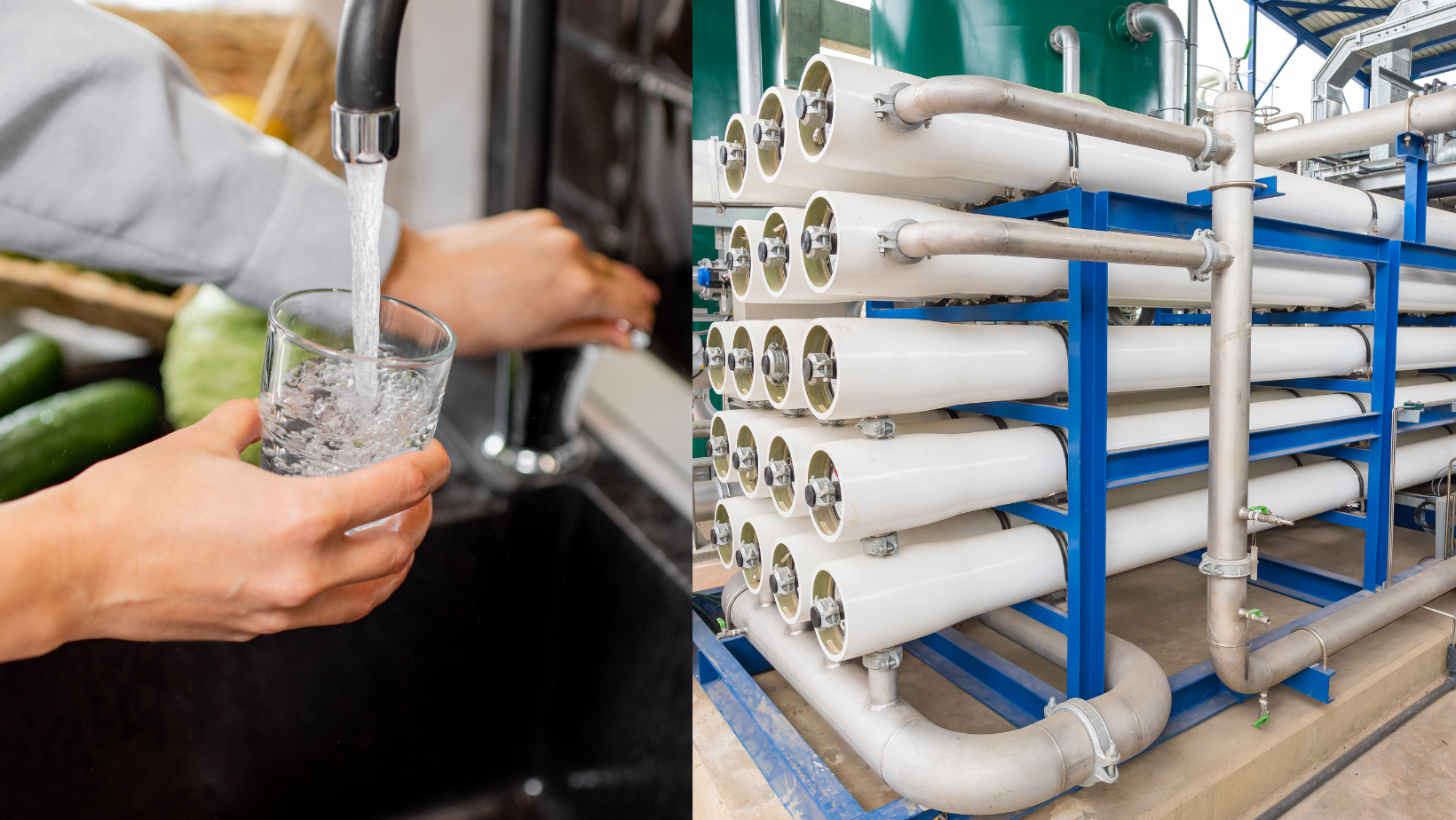


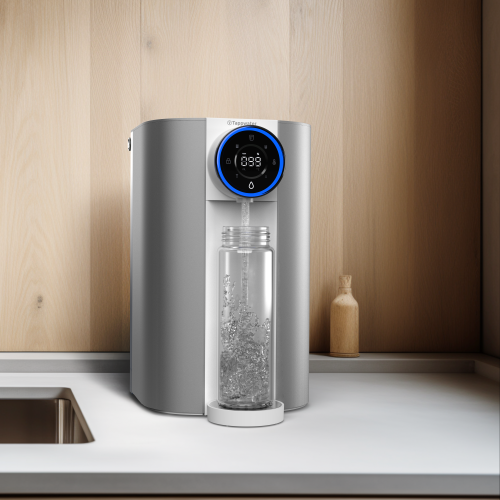
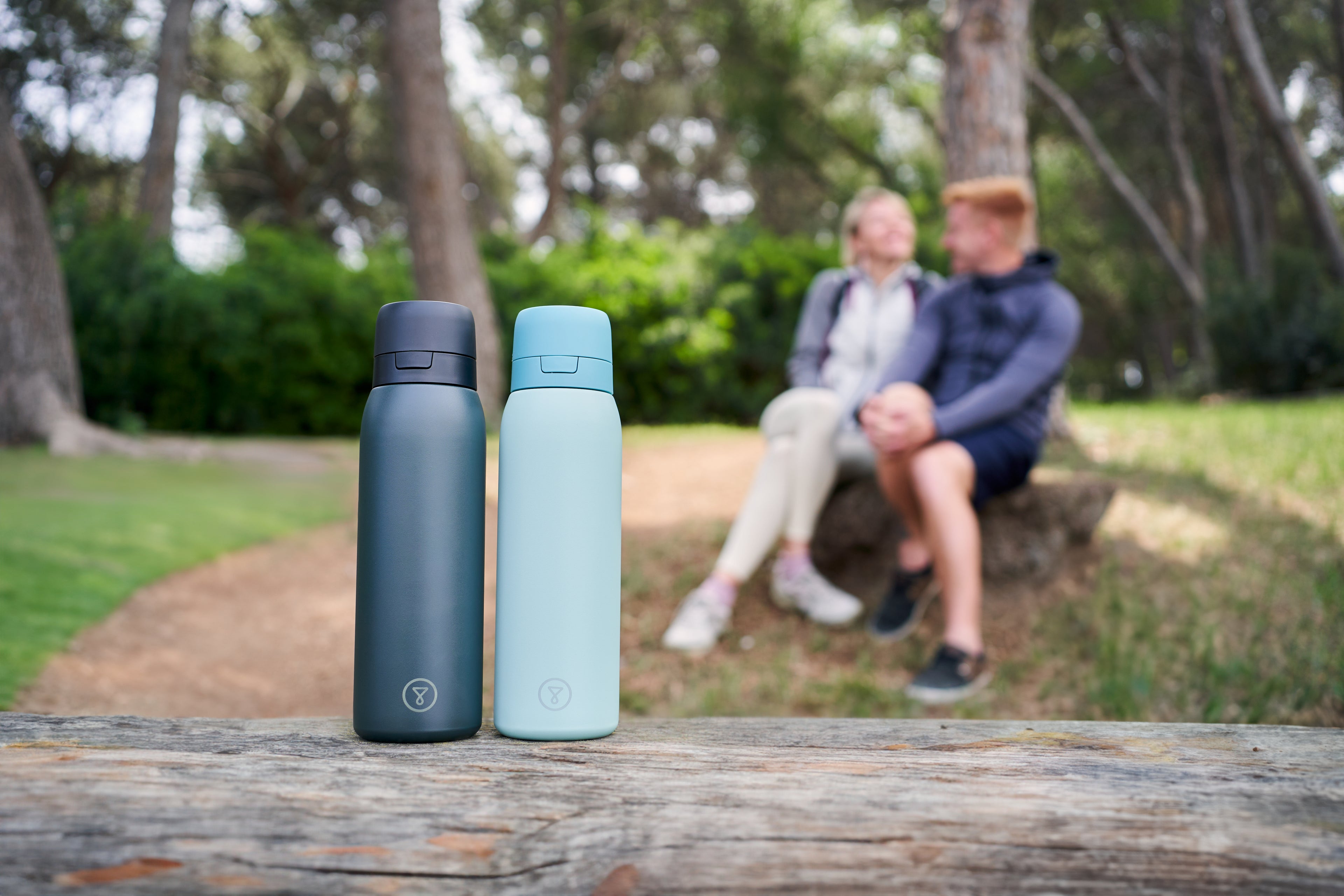
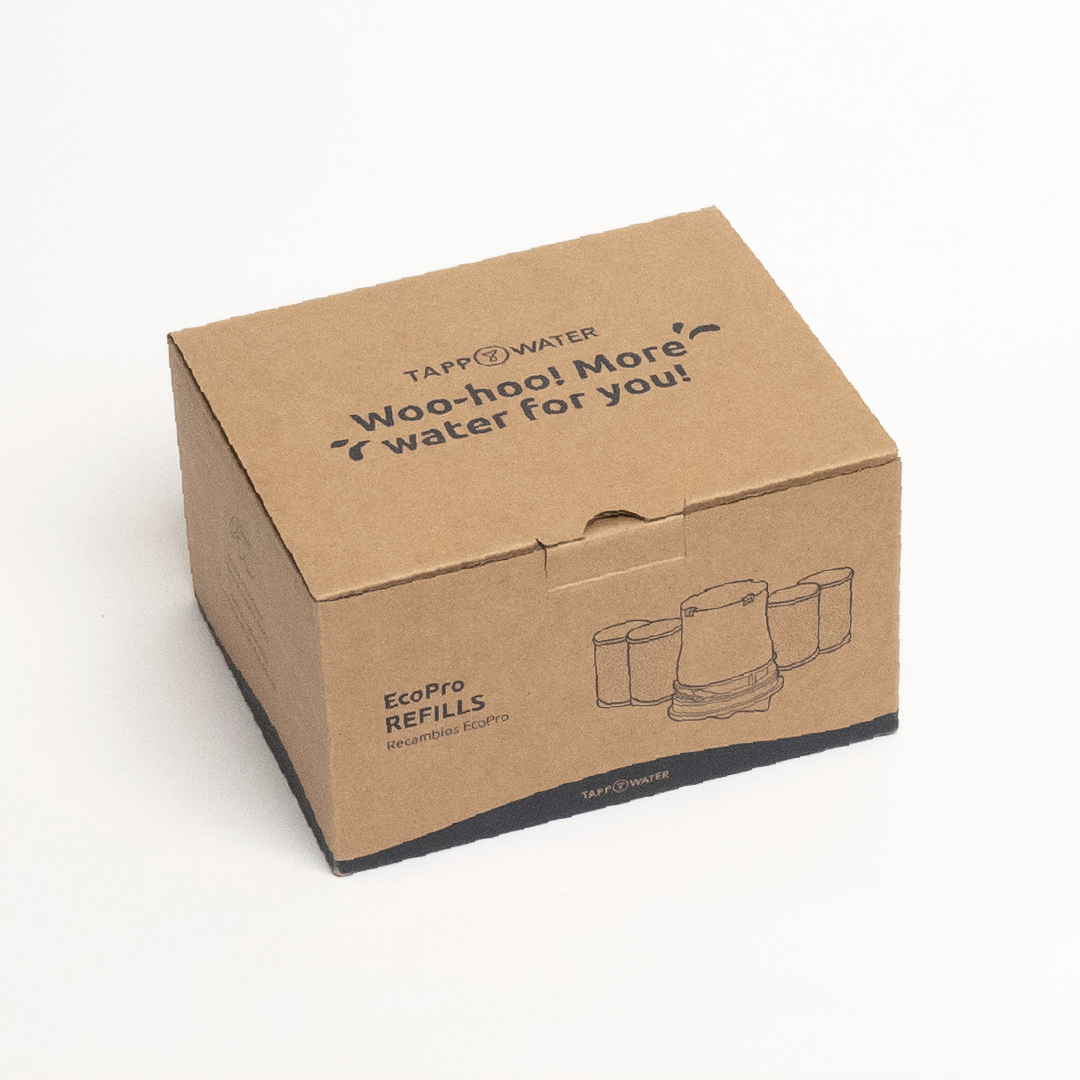
0 comments